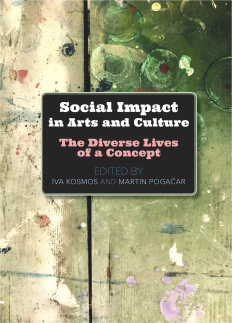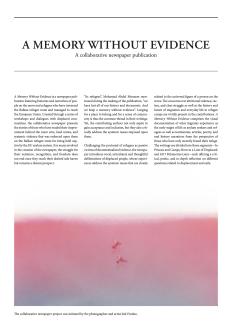
In this book, which presents a systematic history of the concepts of culture and civilization from their first mentions until the 20th century, author Blaž Kosovel, Ph.D., discusses why culture did not play the same significant role in the nation-building process in the United States as it did in Europe. In fact, unlike the European creation of national culture, the process of creating the nation was very different in the United States. In the New World, the concept of a nation was formulated not as a people with a common past but as a people with a common future. The American nation was founded on a creed—the belief in the existence of a set of universal truths embodied in the functioning of its political institutions that allow economic freedom and the sanctity of private property. When the second enlargement of the American nation began in the early 20th century, to transform the growing population of heterogeneous immigrant workers in the newly industrialized country into the American nation, the cultural sphere was introduced to establish a consumer society and culture industry. Despite all the geopolitical changes that have taken place in the last decades, and although the United States has never had an institutional place of high culture or as in European countries, a Ministry of Culture, its culture industry and consumer culture still hegemonically rule the world.
paperback 15 × 23 cm 360 pages
Keywords
civilization | culture | Europe | national state | philosophy of culture | society | USA


















